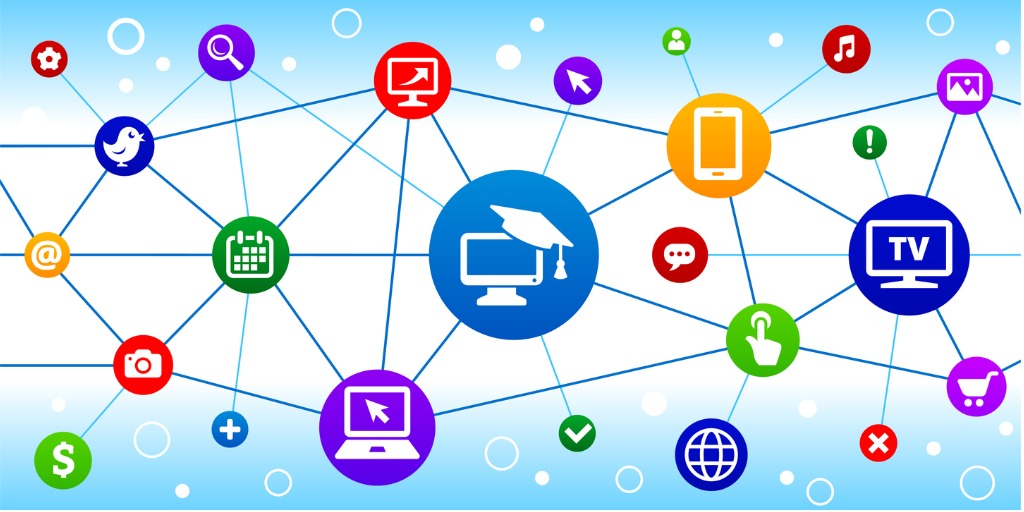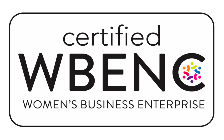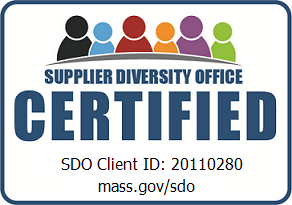Across the country, college and high school seniors are feeling the disappointment of their final school year disrupted by COVID-19. Due to safety concerns and social distancing requirements, students have shifted to online classes, moved back home with parents, cancelled senior trips and have missed the festivities and perks that generally accompany the end of their high school or college journey. And with in-person graduation ceremonies no longer an option for spring, this leaves colleges, universities, and high schools with the difficult question of how to honor and recognize their graduating class in a meaningful way. Many are shifting to virtual commencement ceremonies to mark the occasion.

How do you most effectively connect faculty, classmates, students, and their families in a virtual setting, maximize participation and engagement, and deliver all the pomp and circumstance deserving of this major milestone?
Here are five key considerations when planning a virtual commencement ceremony.
1. Redefine the Commencement Program
What part of the traditional graduation ceremony translates to the virtual world and what should be reinvented? One of the biggest challenges is to create a ceremony that is succinct, well organized, and compelling, bearing in mind that an audience’s attention span is reduced in a digital environment. Components of the program may still include a president’s or principal’s message, a commencement speaker, student speakers and graduate roll call. However, special attention should be placed on the tempo, tone, and quality of the presentations so that the program is dynamic, flows smoothly and leaves attendees feeling inspired.
Does it make sense to film at a special location on campus or open/close with a video that highlights special memories from the graduating class? Many virtual commencements are including individual recognition slides with the name, degree, major and photo of every graduate, searchable and viewable by family and friends. For larger universities with a significant number of graduates, time constraints may warrant offering a general ceremony with convocation speaker, followed by separate events hosted by the individual colleges and schools conferring degrees.
One potential benefit of a virtual platform is greater access to speakers due to the reduced time commitment and cost of physically attending the event. A big-name speaker such as a noteworthy alum or public figure would add a level of excitement and hype to viewership. When defining the overall program, planners should ask, “what would infuse “life” into a virtual setting and make it worth the watch?”
2. Establish the Framework
The framework equates to the technical components of the program. Will the ceremony be pre-recorded, shown live via webcast or a hybrid? What hosting platform is the best fit for the organization? Will the ceremony be embedded on an internal website or hosted on an external website? There are even platforms that create virtual worlds, allowing each graduate to create a digital avatar that can cross a virtual stage to receive their degree.
Some institutions may be able to enlist an in-house AV or IT department for assistance while others may need to outsource. Don’t shortchange the need for a production timeline, rehearsals, speaker coaching and dry runs/testing on the selected application.
Many technical decisions will be budget related (i.e. the more elaborate the virtual components, the higher the price tag), but may also be dependent on the size of the audience tuning in. It is important that the hosting platform be scalable and proven reliable for the audience size and any increase in traffic be detected and addressed by automated systems/redundancies. The platform should be compatible for all audience’s devices and offer high quality video, audio and if applicable, live streaming and audience response capabilities.
Also, is there money that can be recouped from a cancelled live event and reallocated to upgraded virtual production? All of these are questions to consider when establishing the actual framework for the event.
3. Consider Your Audiences
Virtual commencements may be new territory, not only for the institutions planning them, but for the audience members. Many schools have asked their students for suggestions and feedback on how they would like their virtual graduation experiences to unfold. This gives students a chance to be part of the decision in a time when many options have been taken away.
Be clear in your instructions on how to register (if applicable) and view the virtual program. This includes timing, order of ceremony, and any technical requirements necessary so that all audiences can enjoy. To help set expectations, offer an FAQ page including answers to the most commonly asked questions and information on how to obtain technical help. Also, keep ADA compliance in mind and provide closed captioning for viewers, as applicable.
The school’s community is also a vital audience, especially at the high school level. Some communities are celebrating graduating seniors with town parades, enlisting the help of local radio and TV stations, police and fire departments. Photos and footage of these moments can be aired during the virtual commencement. Additional community involvement can come from local businesses posting congratulatory messages on the online program or pizza and take-out restaurants providing coupons for viewing parties.
4. Personalize the Virtual Experience
The act of graduating is an extremely personal experience for graduates and their families. One of the drawbacks of a virtual event is the lack of human touch, so it is important to incorporate a sense of shared connection and personal involvement in the virtual experience. Many schools are throwing cap decorating contests or calling for graduates to help sing the school anthem by digital upload. Other ideas include creating an online yearbook with photos and quotes from the graduates, a family and friends’ portal to leave messages or an interactive graduate chat room. Provide a keepsake of the commencement by offering a downloadable program or, if budget allows, send customized care packages to seniors (these can also be sponsored by local businesses).
5. Promote & Make History
A virtual commencement does not necessitate breaking certain traditions but can be an opportunity to break the mold and even emphasize the difference. What can be added to the virtual ceremony that could not be accomplished in a live setting? For example, an exciting contest to promote viewership, a clever animation added to the program (i.e. virtual stage walking), musical performances, a fun virtual after party, the list goes on.
Online ceremonies provide the benefit of allowing even more friends and family from around the world to attend, perhaps some that could not normally travel to the event or were formerly restricted due to a limited number of tickets for the live venue. Plus, the ceremony can live for an extended period to be viewed multiple times.
Help audience members get excited about the event. Enlist student organizations to spread the word and promote participation before, during and after the event. Encourage graduates to share photos, videos, and messages of school memories and of their in-home celebrations and share them on social media using a unique hashtag.
We may not like what is happening in the world, but we can embrace the situation and truly create a memorable and unique event – a “tassel-turning” moment that equates to a sense of pride and joy and also goes down in the school’s history as its first virtual graduating class.





















